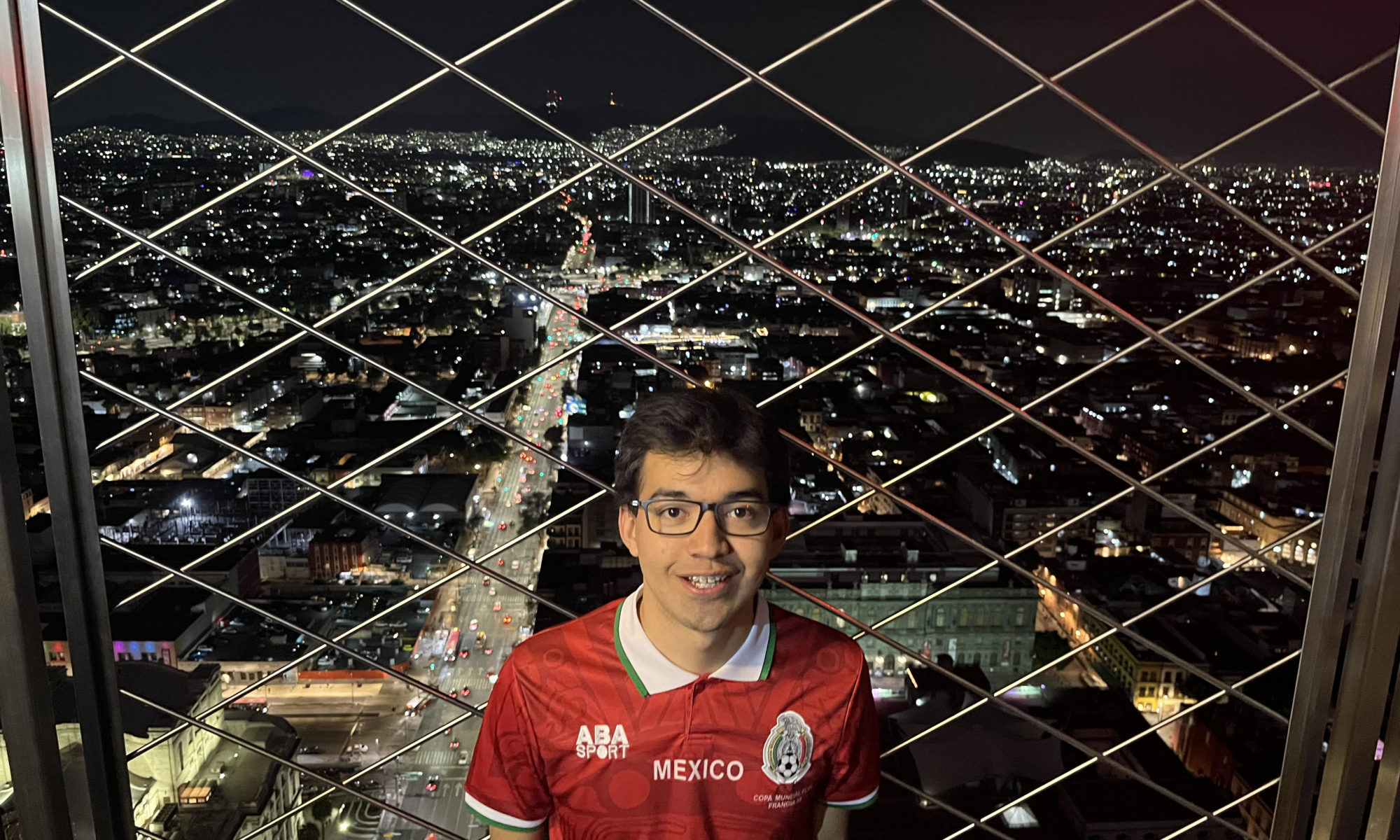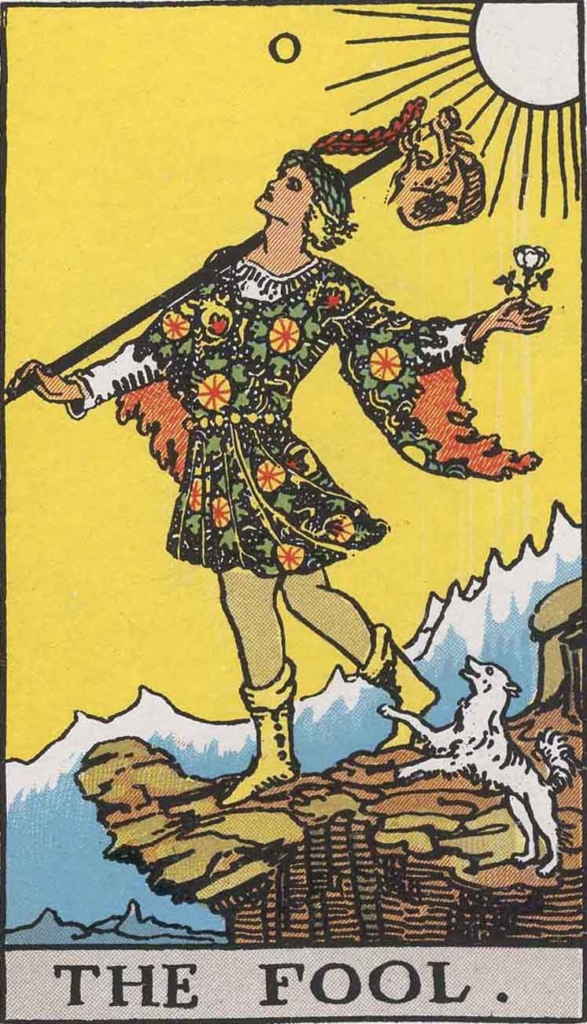

Hello, reader!
Since the last blog, I’ve explored Tokyo, Sendai, Nagoya, and Fukushima. While I am not able to visit it during its prime time in the Autumn, today I want to highlight the beauty of Gifu Prefecture’s 月見の森, the Moon-Viewing Forest. As a country boy, I absolutely love nature. The cities throughout Japan have done a wonderful job of maintaining vegetation. It’s unlike any other cities I have visited. It even beats the small towns. But I will show appreciation to Japan’s dedication to preservation. It’s always nice to look at a bright moon at night, but it “hits different” when you’re doing so without a building in sight. No skyscrapers fighting for attention and no disruptive sirens deafening you. I honestly miss hearing the crickets’ chirping at night.
The Moon.
It’s the determinant of the tides. It keeps the Earth’s tilt just right. It’s our brightest companion at night. It’s the Earth’s satellite, the companion that will always be there. We are just like the Moon. We have our moments of enlightenment, the Full Moon. But we also have our moments of incomprehension. That’s just a natural cycle. We discover new ideas we’ve never imagined, our curiosity drives us to learn more about it, and then we move on to the next new idea.
Naturally, not everyone will be on the same stage of the cycle. Cultural understanding is an example of this. For the native, it’s a no-brainer. But for the foreigner, it’s an expedition. It’s common to feel like you’re treading on thin ice. You’re scared that you’ll ask for “capital punishment” instead of an “exam” again. I’m totally not projecting here.
But that hypothetical is just a language issue. I’ll give an example of my cultural battles: Japan’s hospitality culture, Omotenashi. It’s a warzone everytime I go out to eat at a restaurant. When it comes to strangers- even with customer service- I am very somewhat reserved. I like to keep my troubles to myself. Did I receive the wrong order? No worries, I can’t read my own handwriting. Was I charged incorrectly? Not a problem, my short-term memory is 10x worse. And for the most part, I’ll always tip, not for the customer service but rather because of the sympathy I have for these often underpaid workers. That’s what America taught me. So I always feel bad when I’m out eating with my friends and they shout for the waiter over, order without making eye-contact, and at the end of it all not leave a tip. My friends would say that from the worker’s perspective, it’s already expected. But I’ve already had this idea of creating a connection with the waiter by getting lost in their eyes, laughing at each other’s jokes, and marrying each other after an hour and a half. And then tipping them because of my pity for them.
Omotenashi is one of the concepts I’ve learned from people I’ve talked to. And these conversations often come attached to a pretty interesting history lesson. Japanese people understand the origin of their contemporary culture really well! So, I’ve never really wondered why tipping in the United States is a staple in the service industry. I’ve realized that responding with “it’s just the way it is” is never a really good answer for anything.
-Now I’m starting to have this stereotype that Americans like me don’t know anything about our own history. Maybe it’s because we don’t have a good track record of being the good guys.
That comment is not entirely irrelevant, because one day, I spoke with a friend who told me of a hypothesis for America’s tipping culture. Basically, he said “I think it has something to do with racism.” I laughed. “Whaaaat. No way.” We then both looked at our phones for a few seconds. And we both laughed out loud. It’s actually hilariously shocking! Because the origin of tipping in America IS because of racism… Of course it is.
Am I the only one who didn’t know about this? It’s a really interesting read. Give it a try.
Cheers,
Daniel



